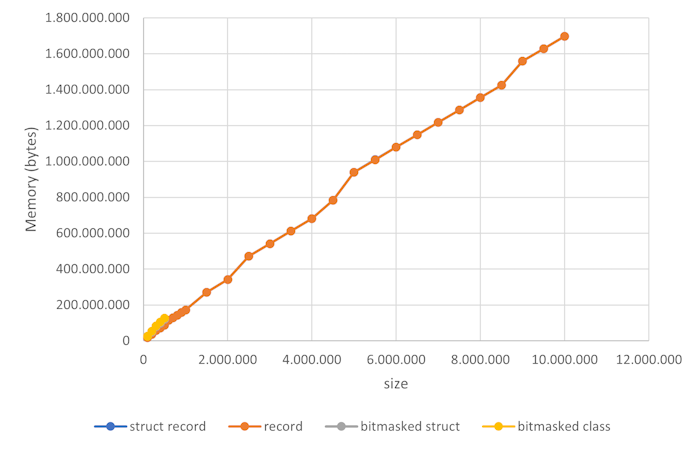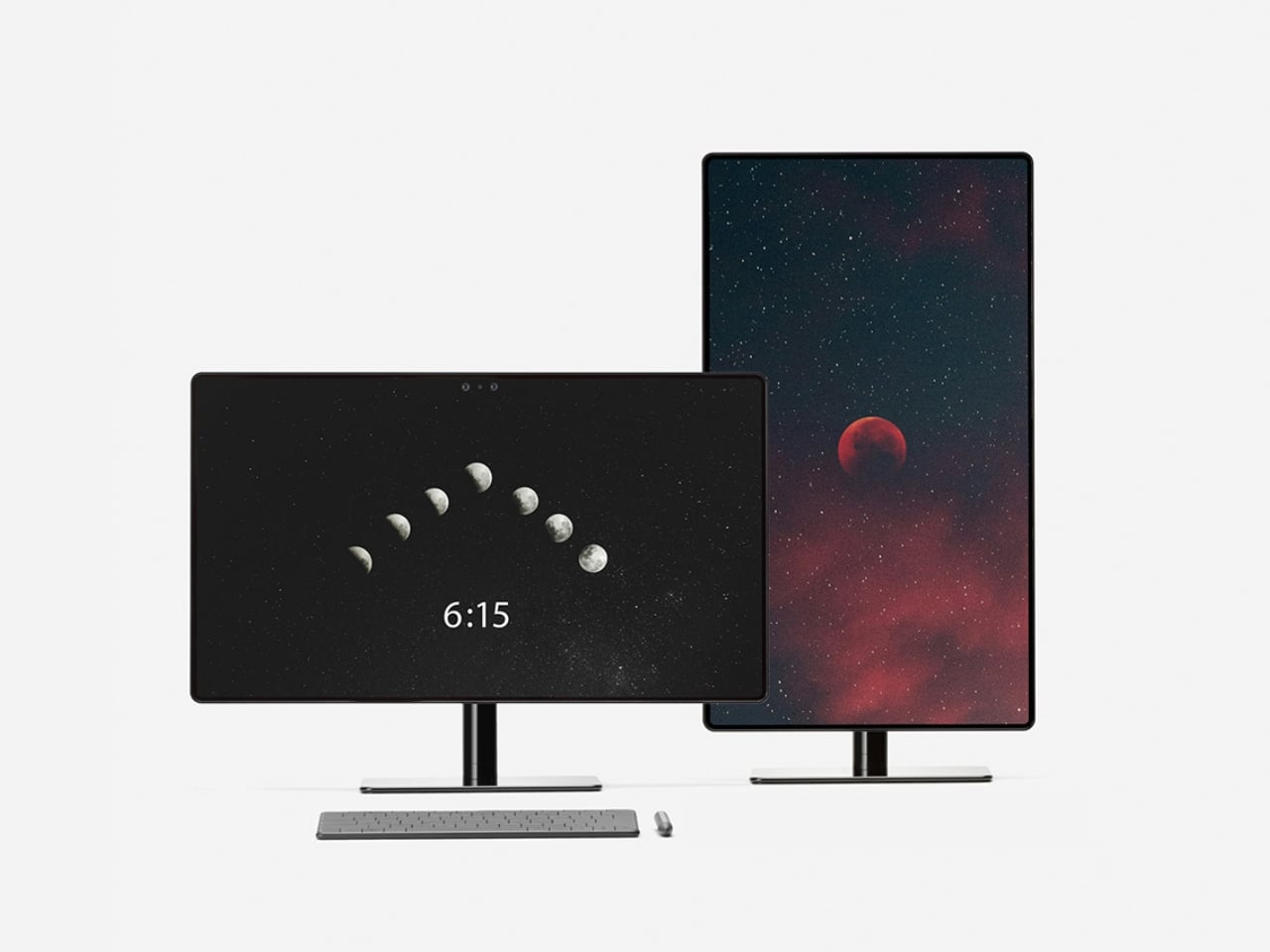I tested the LG C5 OLED TV - here are 3 upgrades I’d like to see in next year’s model
The LG C5 is a phenomenal TV, but only a minor update of its C4 predecessor. Here are three things that could give an 'LG C6' a real step-up at launch.
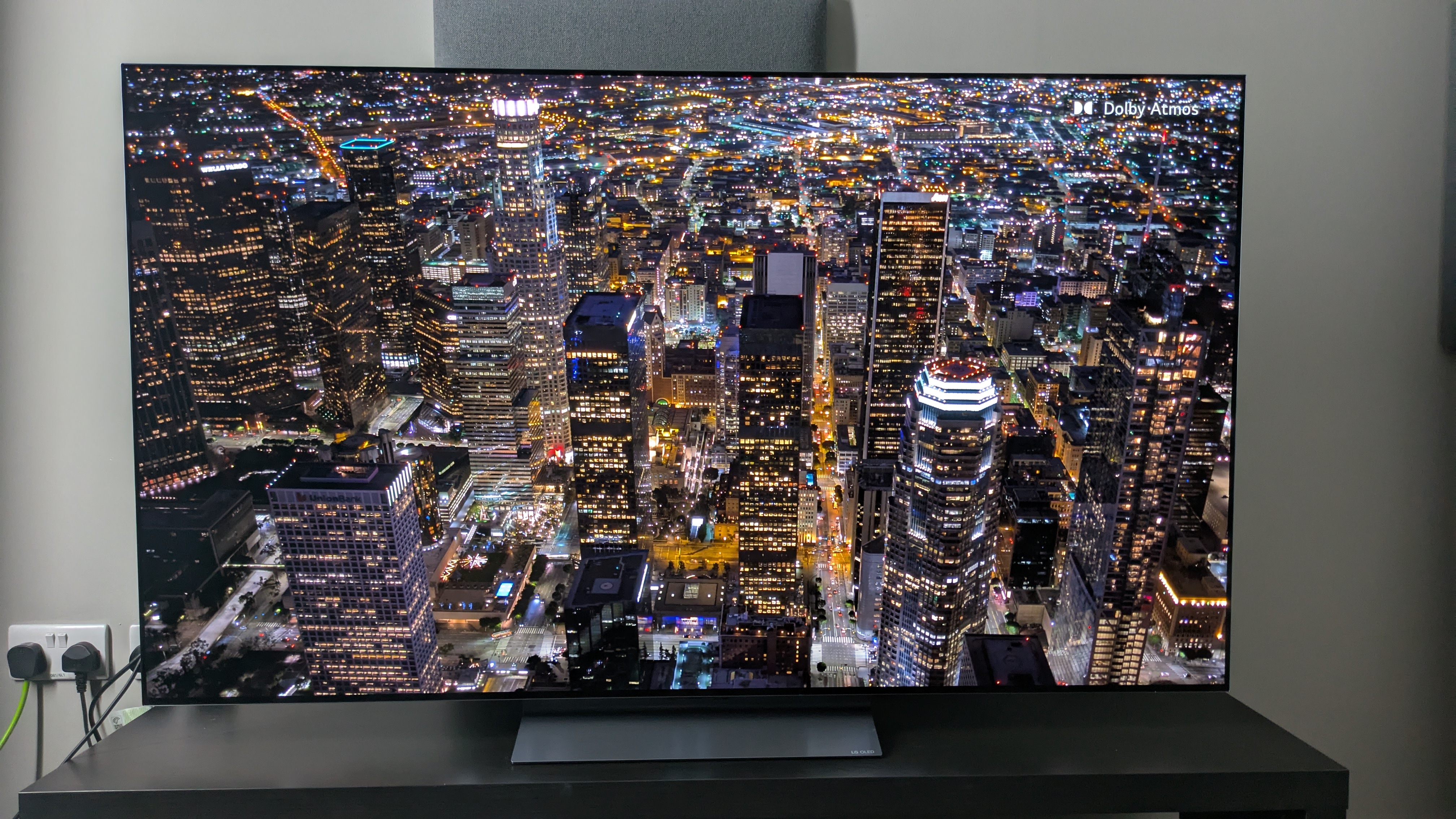
LG’s C-series OLEDs have been a popular TV range over the past few years, delivering brilliant picture quality, great gaming performance and features, and an intuitive smart TV platform, usually at the best price in the mid-range OLED category.
The new LG C5 continues this trend, and it’s among the best TVs released this year. I gave the C5 five out of five stars in my LG C5 review, finding that it covered every base when it came to picture quality, gaming performance and smart TV features.
As good as the LG C5 is, there is an elephant in the room that needs to be addressed: the C5 is not that much of an upgrade over its predecessor, the LG C4. Certainly not compared to the leap between the LG C4 and its predecessor, the LG C3, which involved a complete performance and picture quality overhaul.
As a result, the C4 remains in the top slot on many of our best-of TV lists, such as the best OLED TVs, as there’s not enough of an upgrade with the C5 to justify the current price gap between the two.
Looking ahead to next year’s C-series (most likely called the LG C6), here are three upgrades I think would enable it to make a bigger splash at launch than this year’s C5.
1. Higher brightness
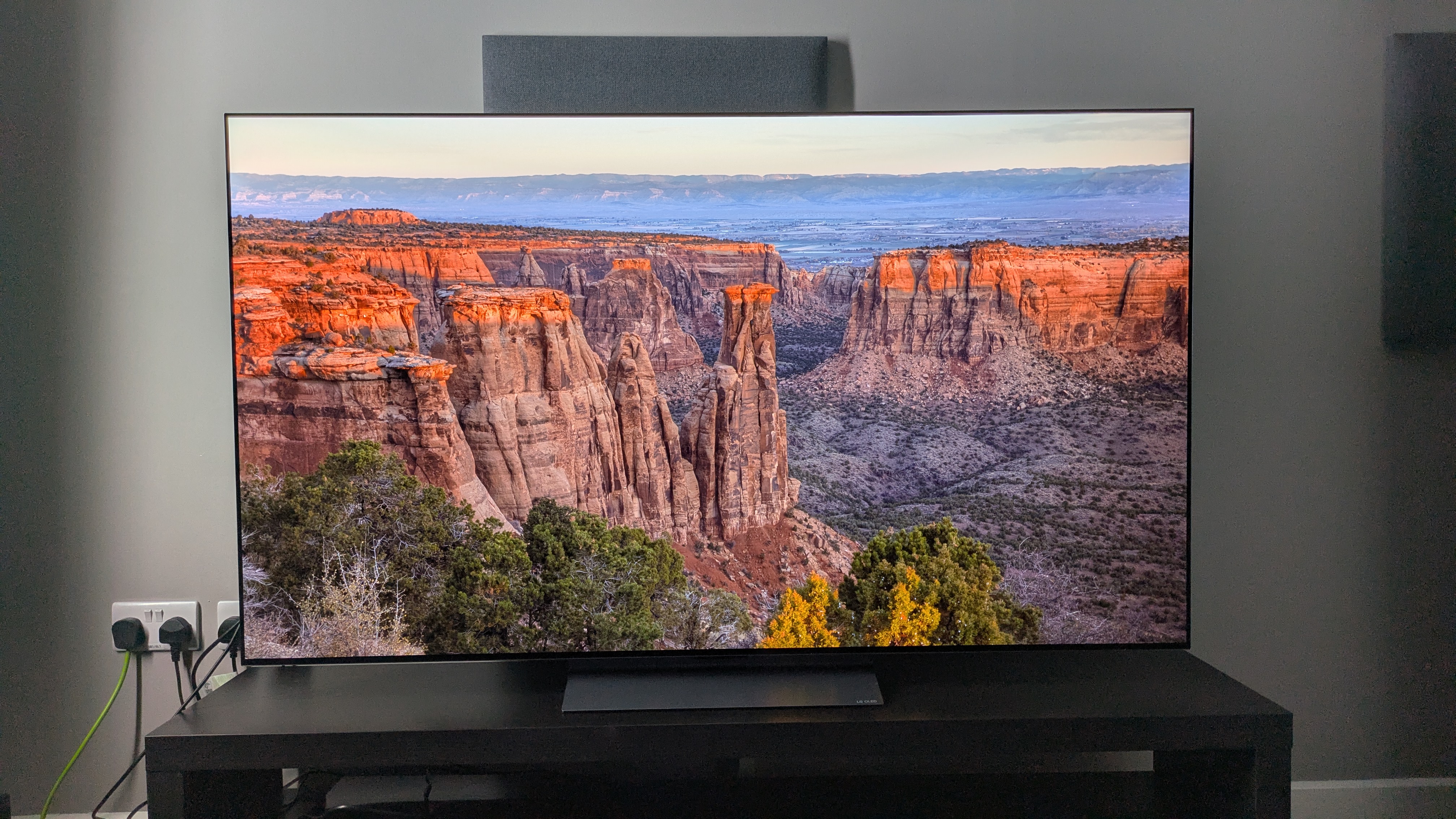
Brightness has traditionally been a weak point for OLED TVs. You can expect around 1,000 nits peak brightness with most mid-range OLEDs, which is less than what you get with most mini-LED and even some LED TVs. Having that extra peak brightness can give a TV’s picture a nice HDR punch with movies, while higher fullscreen brightness allows it to perform better with programs like sports and for general daytime viewing.
When I tested the C5, I measured its peak brightness at 1,180 nits in Filmmaker Mode, a respectable result for a mid-range OLED, and a 10% increase over the C4. But its fullscreen brightness measured at 195 nits, a lower result than the C4, which hit 199 nits.
Recent flagship OLED TVs, such as the LG G5, hit over 300 nits fullscreen brightness, a marked improvement (although still less than most mini-LEDs). It would be nice to see results like this in more mid-range OLEDs such as the future LG C6.
2. Better built-in sound
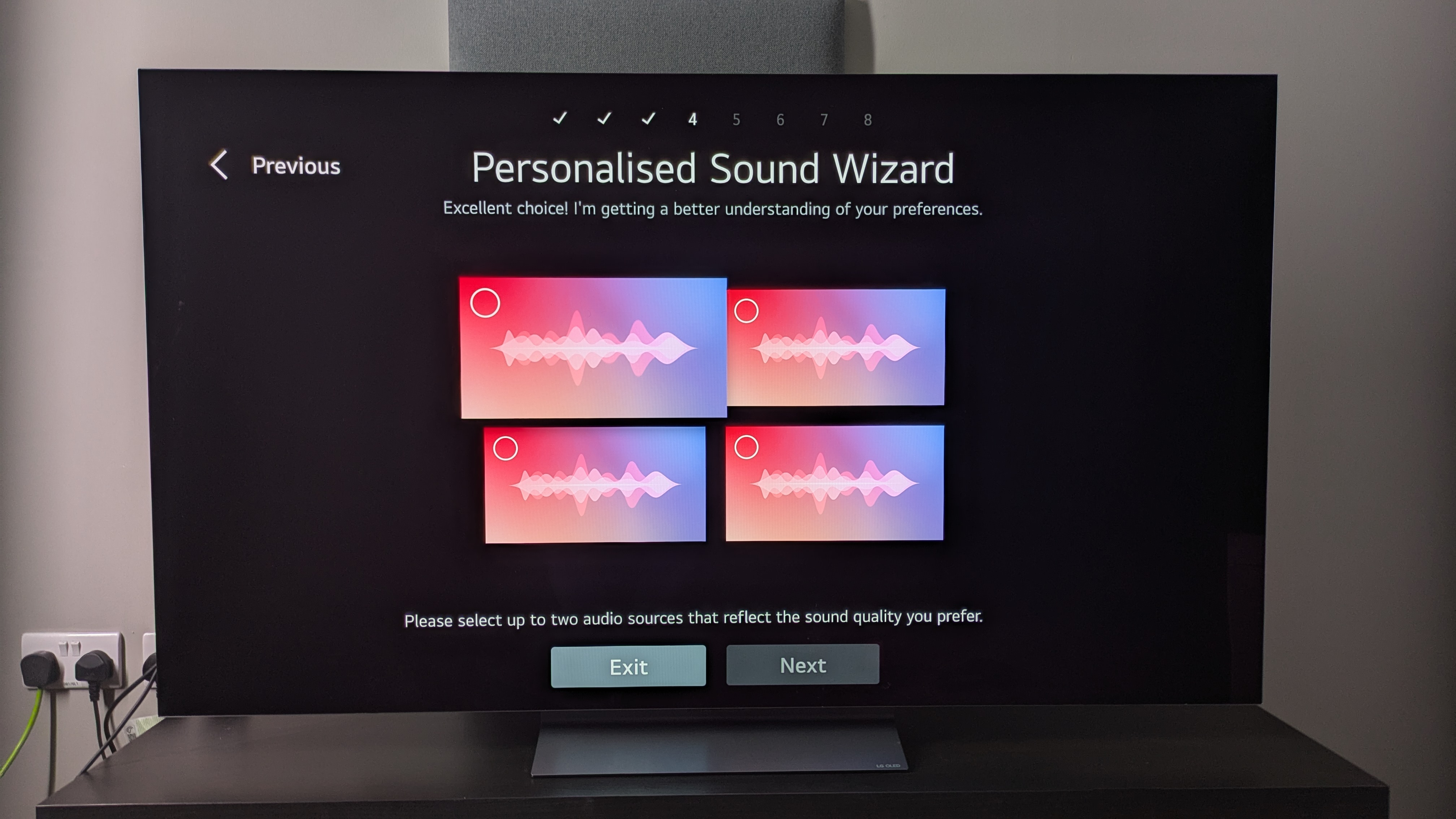
It’s no secret that many TVs have weak built-in sound that can be easily topped by one of the best soundbars, even a budget one. For some, though, a soundbar isn’t an option, and they choose to rely on their TV’s built-in sound.
LG’s C-series OLEDs typically have average built-in sound quality that doesn’t match up to the picture. Sadly, that continues with the LG C5. I found the C5’s sound to be better than previous C-series iterations when I tested it, but it certainly couldn’t take on some of the best TVs for sound from the likes of Panasonic, Sony and Philips.
Even a slight improvement over the C5’s 2.2-channel, 40W speaker array would be welcome. A stronger built-in subwoofer, perhaps, or the addition of up-firing or side-firing speakers for greater immersion would give a C6 a step-up over the C5.
3. Lower screen reflections
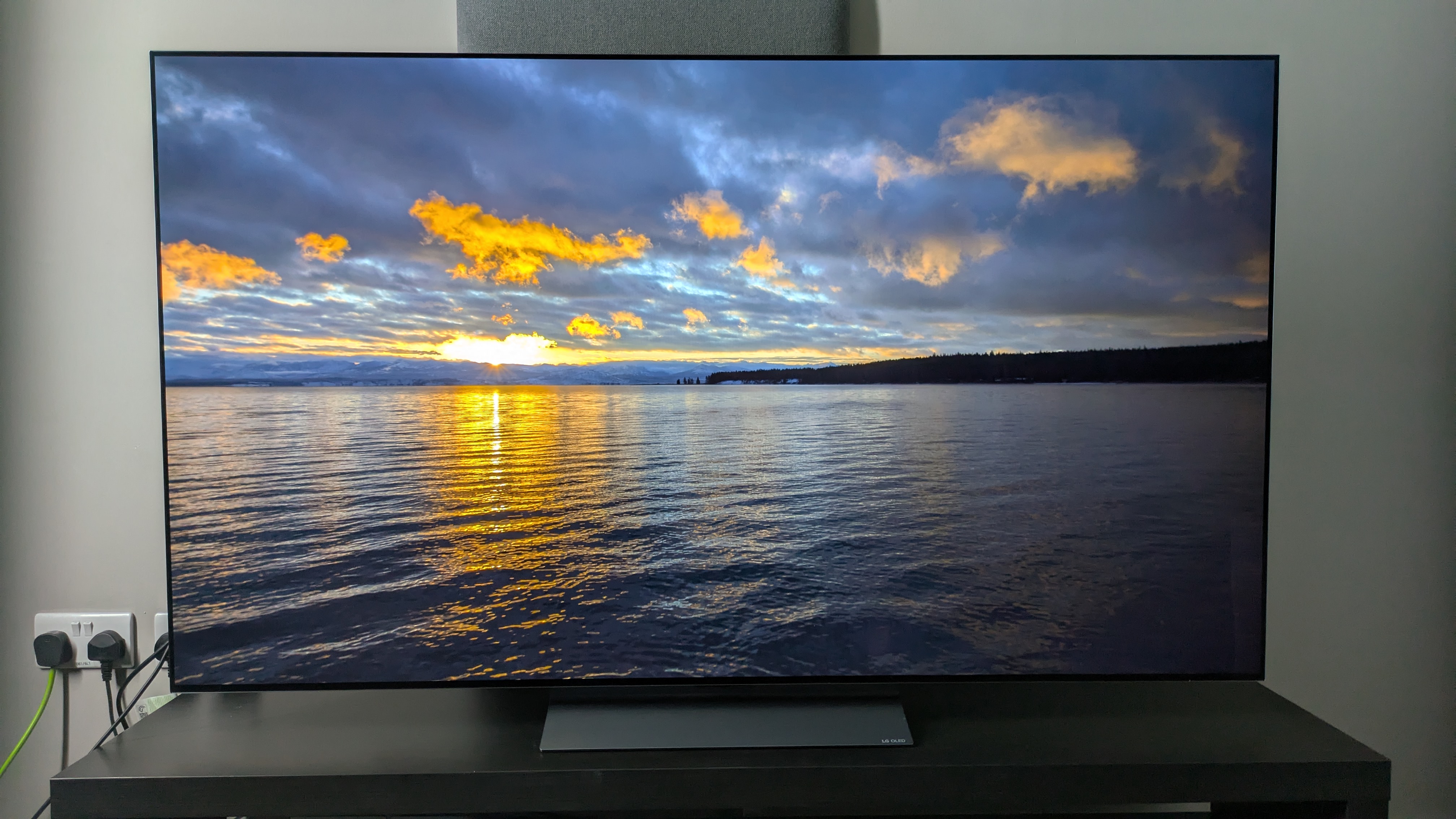
Screen glare is another challenge OLED TVs struggle with. Due to dimmer fullscreen brightness and a lack of anti-reflection measures, mirror-like reflections can be a real curse for OLEDs in brighter viewing environments.
That situation changed somewhat in 2024 when the Samsung S95D with its OLED Glare Free anti-reflection tech was introduced. During my testing of the S95D, I found that dark movies such as The Batman could even be viewed in rooms with bright overhead lighting. Black levels were sacrificed in this scenario, but I’ve seen the new Samsung S95F with OLED Glare Free 2.0, and it looks to fix this issue.
The S95F is a pricey flagship OLED TV, so I wouldn’t expect the same measures in a mid-range OLED like the LG C-series. Improved anti-reflection measures would be welcome in next year’s C6, however, since I found during testing that the C5 struggled with screen reflections.
LG has already pulled this off with the flagship LG G5 OLED, which did a fantastic job of limiting reflections in our testing space. If the company can find a way to bring that benefit to the C6, it could be a game-changer.















